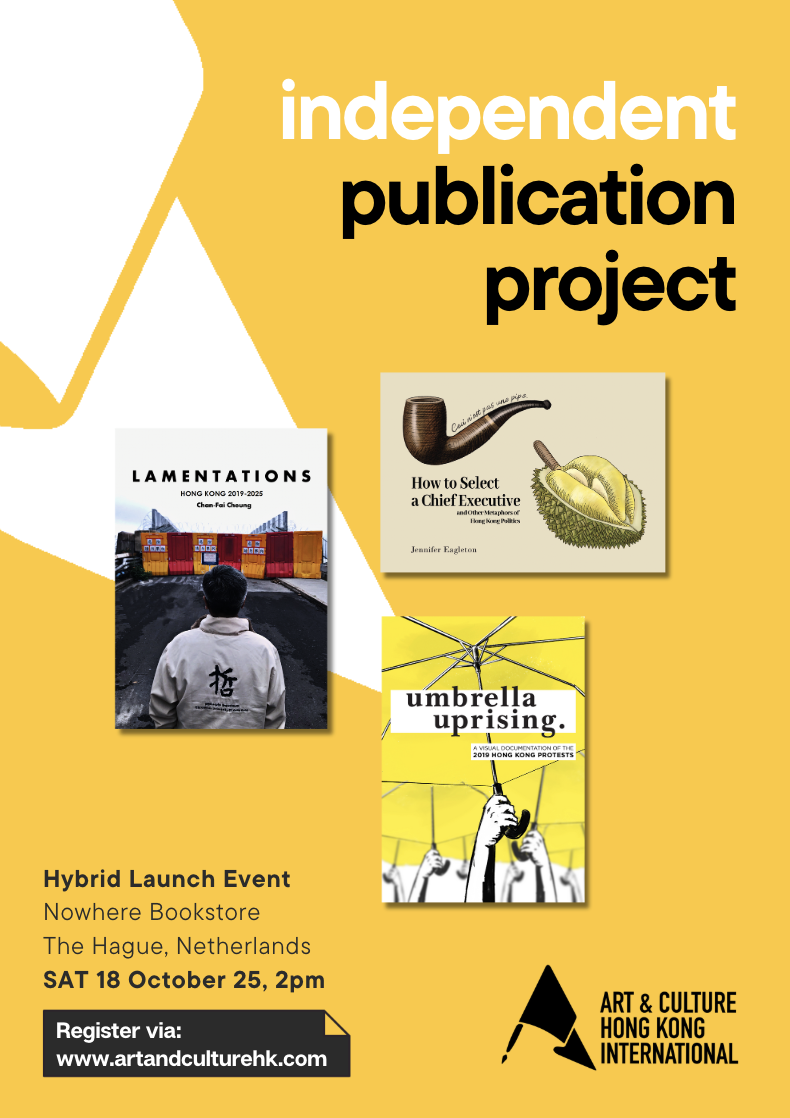 Register
Register
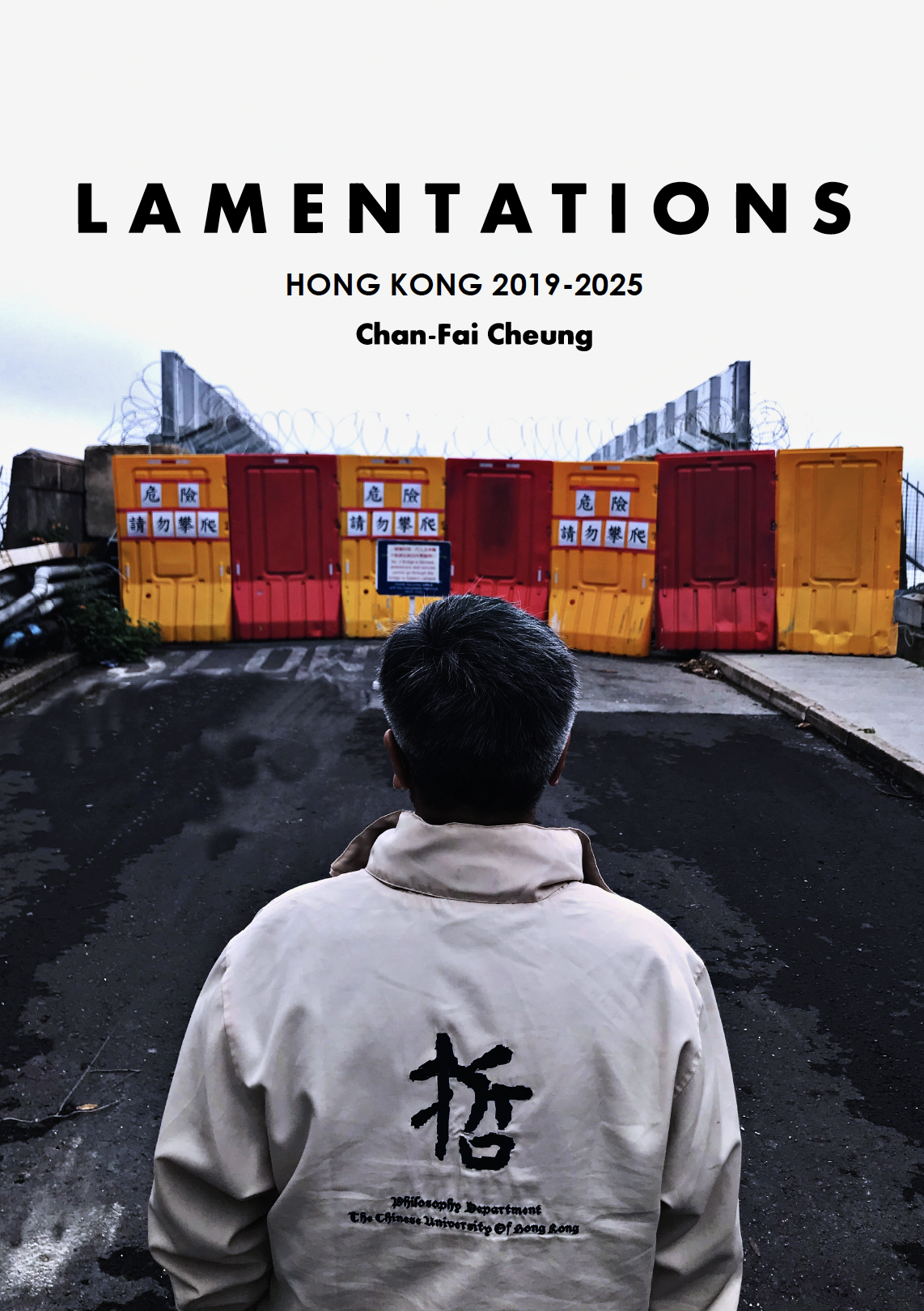
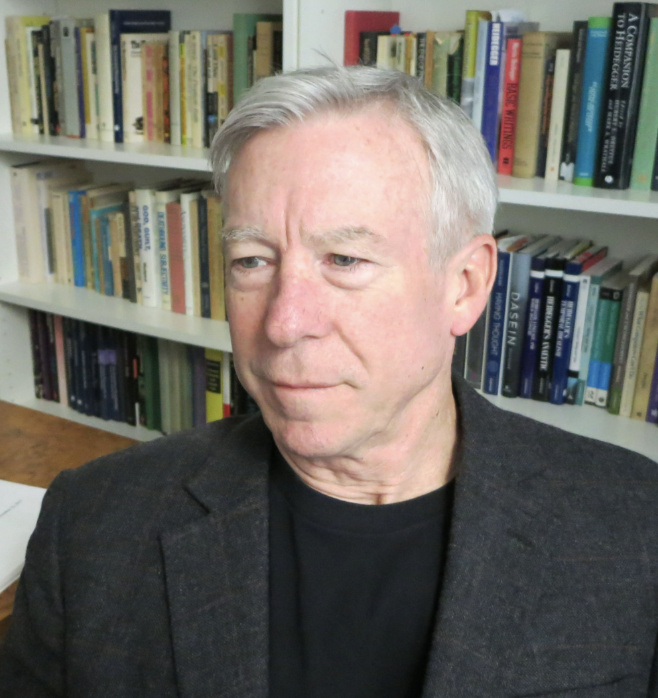
"These essays now appear as offerings to a wider world: testimony to the fragility of political freedom, democracy, and the rule of law, but also to the endurance of our capacities for freedom of thought, empathy with others near and far, and self-governance through reason.... The moral psychology and metaphysics of the exile demand that each and every 'virtue' of 'vice' must be re-thought in light of the situation. What follows from that thinking defines who one is."

"We must," he writes "confront them with the spirit of philosophical rebellion to better understand the truth of reality; the purpose of rebellion is to have a more just, democratic and free society... The philosophical contribution, which shines though these pages, provides context for the resistance to tyranny and explains, in the best traditions of Cheung's trade, what it means to be human when the forces lined up to diminish people's humanity are so formidably aligned as to make it hard to conceive an alternative future."
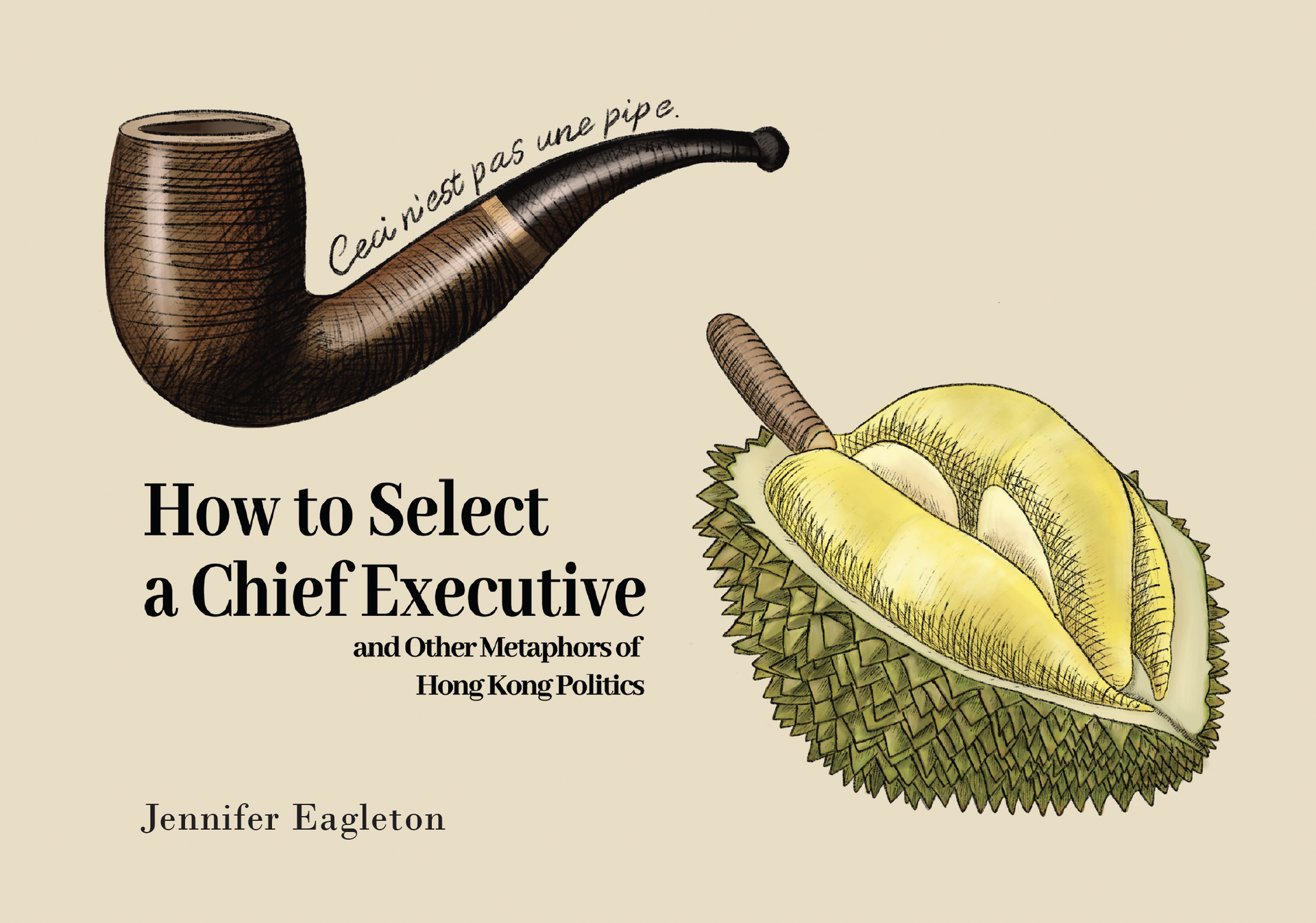
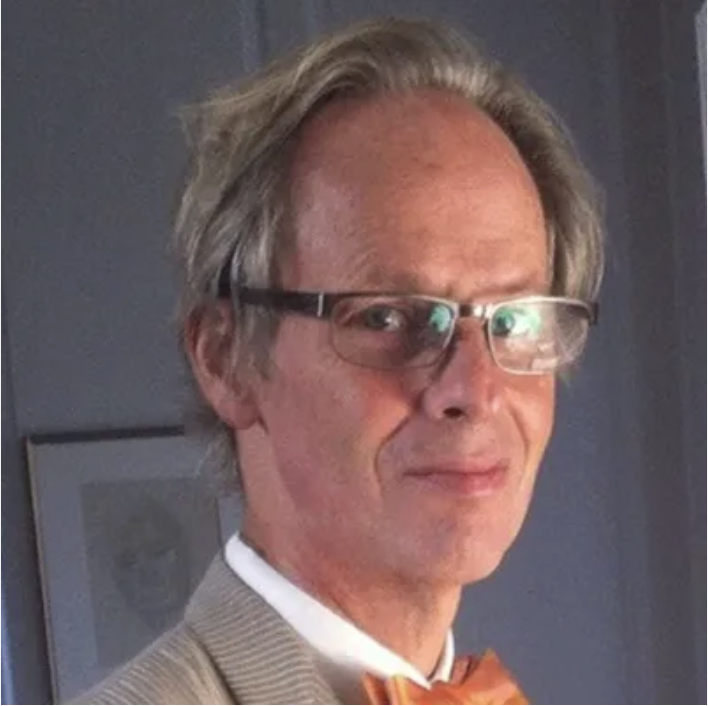
"Chronicling Hong Kong's ill-starred democratic process through the metaphors of public conversation, Eagleton offers a guide to a manipulative mental landscape, enriching the journey with vignettes of daily life, economics and power. Brief and provocative, she writes in the personal voice of an old-school travelogue, but with Calvino's understanding that we strive and pass our lives within 'Invisible Cities' that frame our imaginations."

"Jennifer Eagleton's book is a charming, witty, snappy tour d'honrizon of Hong Kong over the past almost three decades since the handover of the territory to China. Using short metaphors from Hong Kong culture, she introduces Hong Kong's struggle for freedom and democracy, and at the same time offers snapshots of daily life, from the culinary to the cultural, in a great citythat was once of Asia's freest and is now one of its most repressed. It is a fun, fast, easy but insighful introduction to Hong Kong, past and present."